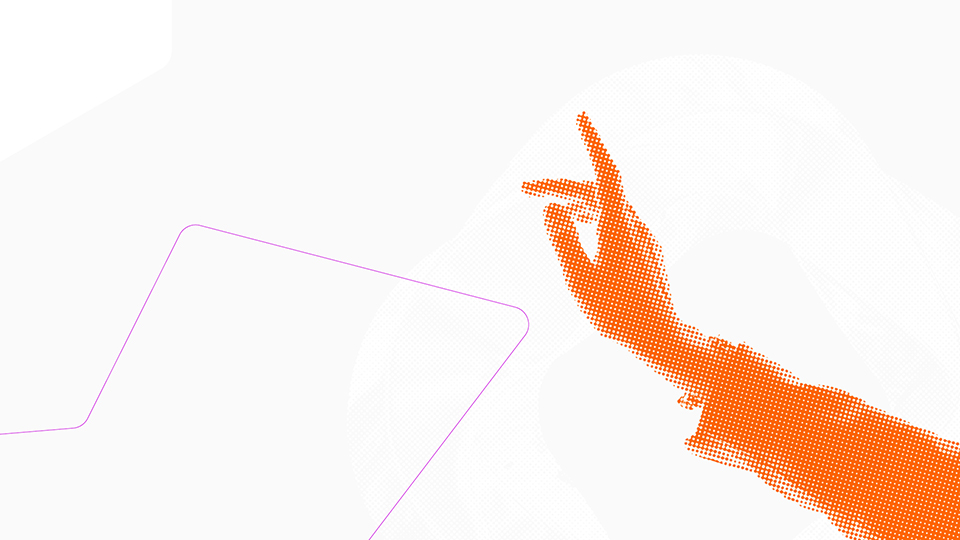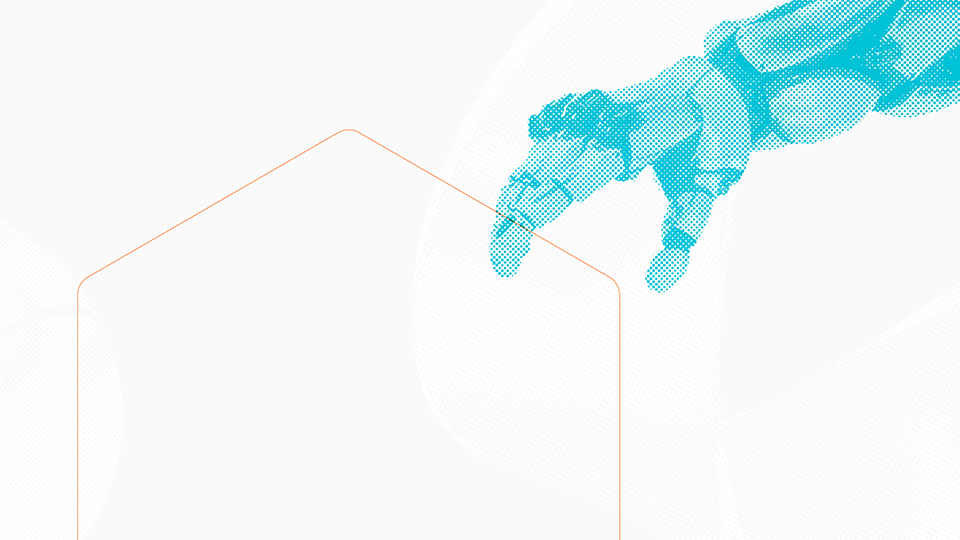Inventor Assistance Program
The Inventor Assistance Program (IAP) supports inventors and small businesses with limited resources transform their innovation into commercial assets. The IAP matches selected beneficiaries with a volunteer patent attorney or agent to help them navigate the patent system at no cost.
The Program benefits from a global network of volunteers that provide patent drafting and prosecution services on a pro bono basis to beneficiaries in their own country and in selected jurisdictions.
Participating countries – Chile, Colombia, Ecuador, Kenya, Morocco, Peru, the Philippines, Singapore, South Africa.




